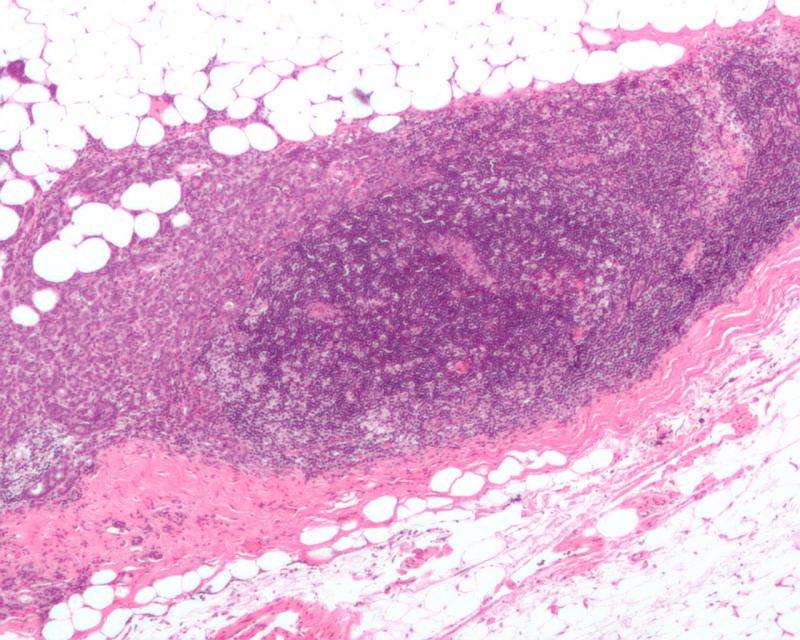MRI offers 100% screening certainty for diagnostic exclusion of breast cancer

MedUni Vienna researchers from the Department of Biomedical Imaging and Image-guided Therapy have conducted a meta analysis of more than 2,300 patients from 14 international studies and have been able to show, for the very first time, that if performed as a follow-up procedure in the event of equivocal breast cancer screening findings, magnetic resonance imaging (MRI) is able to rule cancer out with 100 percent certainty. "If the MRI scan does not reveal a tumour, any further risk can be virtually excluded. The affected women can then sleep peacefully once again – their fears are allayed," explain molecular biologist and radiologist Barbara Bennani-Baiti and radiologist Pascal Baltzer.
Previous international analyses of MRI had concluded that it offers a maximum of 90 percent certainty – meaning that one in 10 tumours would be overlooked. With their more recent analysis and new, more specific evaluation criteria, the two MedUni Vienna researchers have now been able to show that MRI is the best method of excluding the possibility of breast cancer and the one that offers absolute certainty, so that affected women can largely be spared the painful process of taking tissue samples (biopsies). At the same time, the radiologists showed that only approximately 11 percent of scans produce a false-positive result, which then has to be investigated using invasive methods. This percentage is far lower than was previously assumed and is equivalent or even superior to conventional methods, such as mammography, tomosynthesis and ultrasound.
MRI screening is provided free of charge throughout the world within the framework of breast cancer screening programmes for breast cancer screening for high-risk patients – for example, those who have a family history of breast cancer. In Austria, however, regular patients are also offered MRI breast scans if the results from mammograms or ultrasound breast scans are equivocal. "This makes Austria somewhat of an international trailblazer – together with Italy," says Bennani-Baiti. In the USA, MRI breast scans are only offered very reluctantly and cost the patient around US$3,000 (around €2,700) per scan. The situation is similar in England and Germany, because of the lack of clear information available.
Mammograms and ultrasound scans are currently the most commonly used screening methods in Austria for low-risk patients. It is only when the results are equivocal that an MRI scan is given – free of charge. However, the results of the current study, which have now been published in PLOS ONE, encourage the hope that MRI scanning will, at some stage, be possible for all women over 40 (those included in the breast cancer screening programme), emphasise the MedUni Vienna researchers. And also that, based on the evidence now available, it is also used much more widely in other countries as well.
More information: MedUni Vienna has developed an online tool for early identification of breast cancer risk. Here is the link: www.brustgenberatung.at
Barbara Bennani-Baiti et al. Diagnostic Performance of Breast Magnetic Resonance Imaging in Non-Calcified Equivocal Breast Findings: Results from a Systematic Review and Meta-Analysis, PLOS ONE (2016). DOI: 10.1371/journal.pone.0160346














